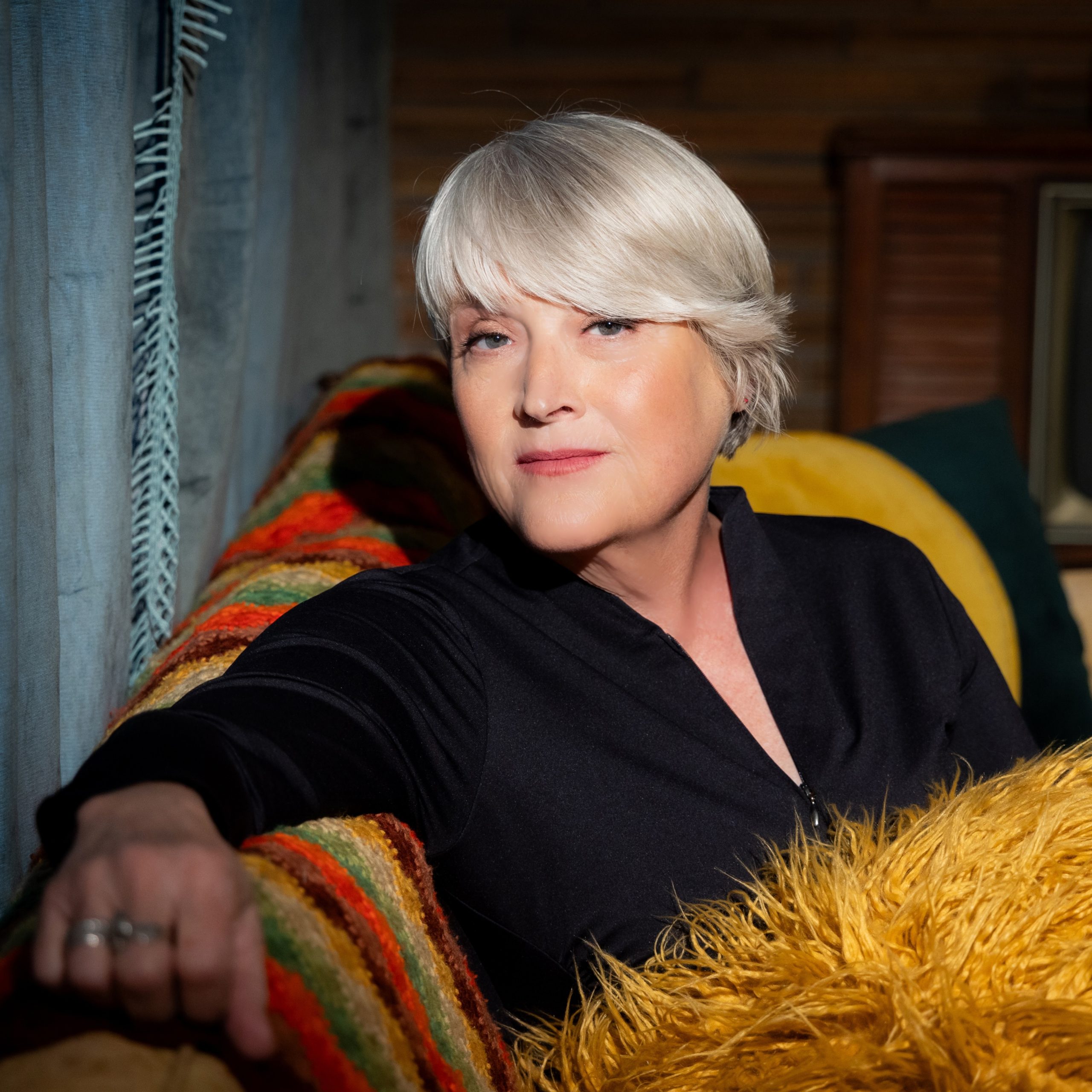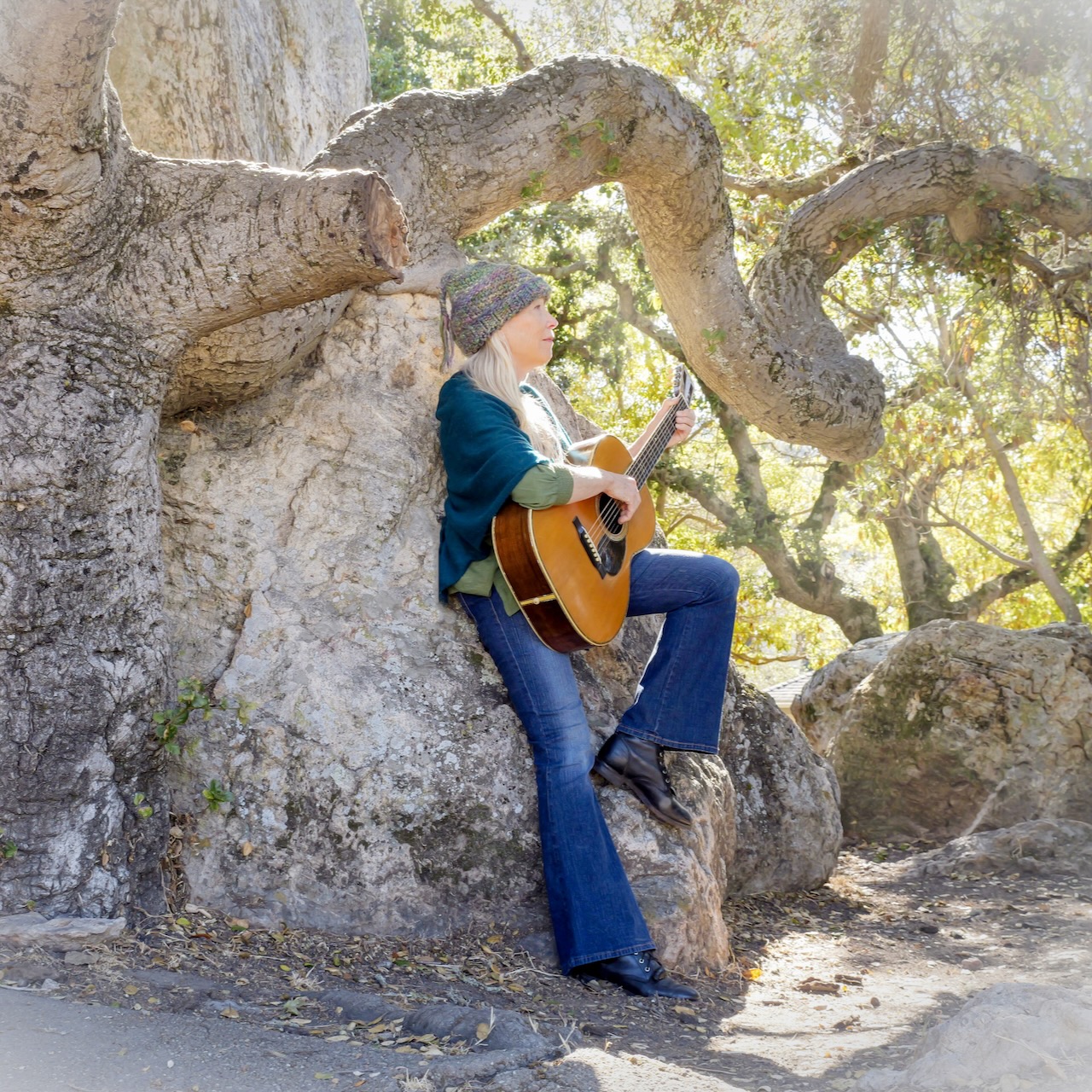Some people seek counseling to work through the pain of a divorce, lying prone on a couch while a therapist helps guide them through the evolving course of their own emotions. Others drown themselves in booze, pills, or even the black hole of denial — or sometimes a combination of all three. Trampled by Turtles’ Dave Simonett, however, did something that he didn’t expect in the wake of a breakup: He wrote about it. Though Simonett has always reached deep into his personal experiences to enliven his songwriting, he’d never quite set out to make a concept record — one that charted the dissolution of his 10-year marriage and let the past go up in flames. But Furnace, his second solo LP under the name Dead Man Winter, is a sonic catharsis; a catalog of 10 slow-chugging, heart-tugging folk songs that explore the most gaping wounds left when a romance suddenly fades away.
To write Furnace, the Minneapolis-residing artist decamped to a small cabin in Finland, Minnesota, a remote and tiny town about two hours from the Canadian border. There, songs like “This House Is on Fire” and “Am I Breaking Down” spilled out, devastatingly raw despite the fact that they sometimes rock as hard as they hurt. For those who turned to Trampled by Turtles for their progressive breed of aggressive bluegrass, Furnace is a lush, emotive surprise that trades fast-picking strings for introspective acoustic strums and chugs of organ, all centered in Simonett’s stories that approach his shifting world with a keen sensitivity, but plenty of humility, too. “I’m full of charm, I’m full of whiskey,” he sings on “Red Wing Blue Wing.” “I’m full of shit most of the time.”
The release of this album has effectively put Trampled by Turtles on hiatus. What made you feel comfortable putting things on break?
There are a few different parts to it, but mainly it was creative. We were in a good spot, as a band, and things were going well. But I had wanted to put out a Dead Man Winter or solo project thing for a while, and making the album wasn’t the problem. Fitting it into the Trampled downtime was too much, so it was mainly to clear up space for me. That wasn’t a hard decision, but it also messes up other people’s lives. These are my dear friends, pretty much family members, who count on [the band] as their income. That was the hardest part for me — I’m going to put these guys out of work for almost a year. But it will be good for us; we’ve been touring so hard for almost 15 years, so it’s nice to get a little breathing space.
Is your frame of mind different when you approach songs for your solo work versus with Trampled?
I don’t think I can separate the two. It’s just kind of what was natural at the time and so much of that was caused by my divorce. I don’t write for one project or the other: I just write songs, and any song either band has recorded could have easily switched to the other. It’s just whatever outlet feels right.
Did the material you created for Furnace instantly feel like it lent itself to a solo project?
I think mainly it was how I wanted to make the songs in the studio. My life was in an extremely confusing place, and I was in the spot where I needed to change everything about my life, artistically as well as just needing new shit. It was very chaotic and fast paced. And I think it worked out perfectly.

Was there a moment when you knew that songwriting was going to be a force to help you work through your divorce?
It’s my only place to go. Being in the wilderness is helpful, but as far as actually letting this stuff out of my body, songwriting is, for better or worse, what I have to use. It’s a process I enjoy, and for me it works all right. And I knew that well enough to try and avoid it.
What do you mean by that?
Well, I didn’t want to do a breakup record, per se. But I couldn’t fake it. [Divorce] is not a unique experience, but I hadn’t done it before. It’s a huge transitional experience with a lot of pain and chaos, and it’s the only thing I could focus on, even if I tried to be something else. I kind of just gave in, and said, “Maybe this isn’t healthy for me. I’m a songwriter. I should write songs about what I know.” Once I let that go, it came out pretty easily.
So did you have reservations about being so personal?
I’m kind of a private person generally, but I have come to terms with the fact that it’s probably good for me, as an artist, to just get out of my comfort zone a little bit. It’s not groundbreaking, but for me, it’s a really new direction. It’s almost a gift.
A divorce is undoubtedly a difficult thing to go through. Do you find you write better or find more inspiration when things are in tumult?
I don’t, actually, and that might be a bit of a romantic myth. I think of the Townes Van Zandts of the world — people almost treasure that guy’s pain. For me, when I’m in a bad place, I don’t do anything well. I have to find some kind of peace before I can be creative. I don’t consider the writing on this record to be great. I’m happy with the record. I like the songs. But I didn’t put a lot of thought into the lyrics. Because it’s almost a direct translation, a pressure release valve. It just came out. I thought, “I’m just going to record this picture of my emotional state instead of thinking about it as a creative piece.”
Was it always clear to you that this album would deal in one united concept?
Yeah, it was. But I was kind of mad at myself — like, “You’re making a damn theme record?” I knew it going in, which is a rare thing for me. A lot of times, I’ll go back, and there will be themes running through a record, but I don’t notice it at the time. This is the first time it was a conscious thing from the front.
And you wrote most of the record in a secluded cabin in the woods, one of music’s most beloved tropes. It worked pretty famously for Bon Iver. So what is it about a cabin that is so conducive to songwriting?
It works! It probably depends on the writer, and I know some people where it’s not their vibe, but it is mine. Growing up, [the outdoors] was always my church — just being alone and being away from people, but in a natural setting that is beautiful and quiet and secluded. When I’m in that kind of environment, I feel really good. I got to that physical place and I was in a much better mental place, because it was so peaceful. It allowed me to focus just on the speed of daily life. Because believe it or not, even Minneapolis can feel too fast.
Photo credit: David McClister








